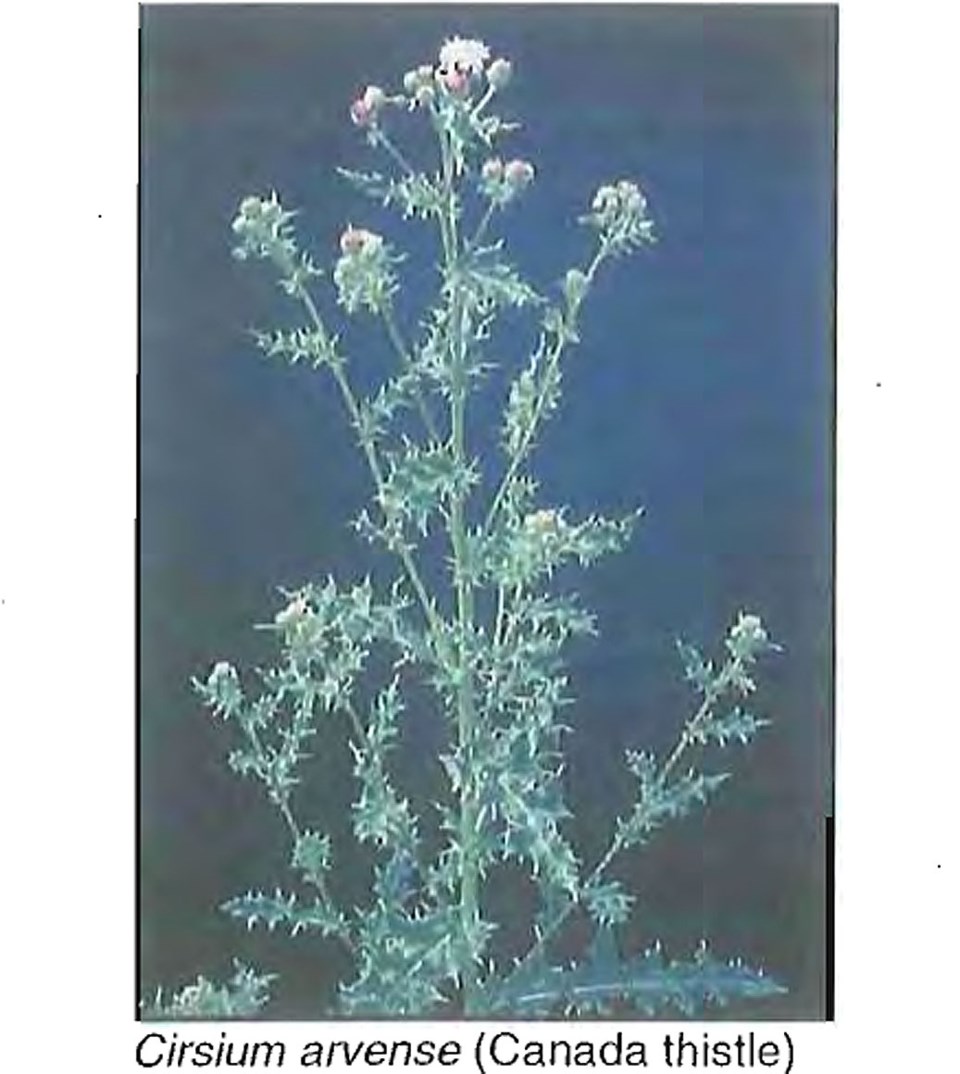The City of Delta is inviting residents to help pull invasive plants to protect community green spaces.
The Climate Action and Environment team is hosting four upcoming community invasive plant pulls:
Sept. 18 at the Kittson Parkway Environmental Reserve, Oct. 2 at Pebble Hill Park, Oct. 16 at Ladner Harbour Park and Oct. 23 at North Delta Community Park where participants will gather at the 112th Street entrance.
All the events will take place from 10 a.m. to 12:30 p.m. and no experience is required, but bring gloves and a snack.
Invasive plants are defined as any non-native plant species that has the potential to have a detrimental effect on people, animals or eco-systems.
These plants can end up in an area by accident or be introduced on purpose, but without its natural predators, invasive plant species have the ability to quickly take root and alter the natural functions of an ecosystem.
In 2016, city council approved a new Invasive Species Management Strategy.
The strategy is divided into three sections with goals and action items under each.
Those sections include strategic management, including prevention, mapping and inventory, early detection and rapid response.
The strategy also includes control and restoration as well as education and collaboration.
Delta is home to a number of invasive plants, including giant hogweed, English ivy and English cordgrass, also known as spartina angelica.
Left alone, non-native plants can overtake an area, out-competing native plants for essential resources such as nutrients, sunlight and water.
For more information or to register for the upcoming invasive plant pulls, email: [email protected].



